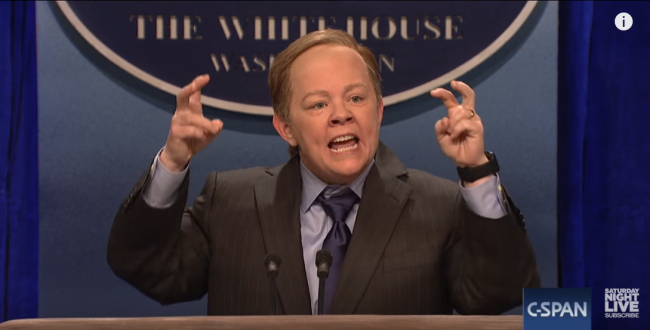The June 2016 meeting between the Trumps and the Russians is the subject of ongoing scrutiny by the media, the public and – it appears – the special counsel appointed to look into the question of Russian involvement in the 2016 election. Much more effort will likely be expended in this area, trying to suss out what happened in that 20-30 minute meeting.
Those efforts are important, but here’s reality: The moment the Trumps’ visitors stepped off the elevator on the 25th floor of their tower to sit down with Donald Trump, Jr., Jared Kushner and Paul Manafort, the Trumps became pawns of the Russians. It doesn’t matter what was actually said or done.
By way of explanation, consider who was on the field that day: Starting with the visiting team, we have Natalia Veselnitskaya, a Russian attorney with close ties to the Russian elite, two people, Rob Goldstone and Irakly Kaveladzeare beholden to the Agalarov family, a former Soviet counter-intelligence officer, Rinat Akhmetshin, and a translator, Anatoli Samochornov.
Playing for the home team, we have the aforementioned Trump, Kushner and Manafort.
Now, if I were the kind of guy who was a former intelligence officer who used to catch and run spies for one of the most vicious (and effective) intelligence agencies in the world, the kind of guy who has been in power for nearly two decades and runs his country like a private bank for himself and his friends, the kind of guy whose political opponents serendipitously end up dead – if, in other words, I was Vladimir Putin – I would view this meeting as a lever. I could – with very little effort I suspect – convince the visitors – all of whom are tied to me, my country or my friends – to tell any story I wanted about what was said, what documents were provided, how the home team reacted.
Absolutely anything.
If I were Vladimir Putin’s kind of guy, I could probably get the visitors to swear that Ms. Veselnitskaya promised the Russians would arrange for the release thousands of Clinton campaign e-mails if Don Jr. promised that his dad would look the other way on Ukraine. Or that the Trump organization would wire $100 million to a Cayman Islands bank in exchange for help. Or that he’d pimp out Melania, Ivanka or Tiffany.
Or anything else. Let your imagination run.
Lest you think this is unrealistic, consider this thought experiment: sooner or later, the visiting team is going to be called to testify before Congress. If all five participants come to the witness table and in shaky, tremulous voices describe a more-or-less consistent version of what happened in that meeting, who can rebut them? After a solid year of lying, dissembling, omitting, misdirections, incomplete answers, amended forms and convenient forgetfulness, can anyone honestly claim that Don Jr., Jared and Paul have MORE credibility than five earnest people who haven’t spent all that time lying in public on a near-daily basis?
What if someone on the visiting team happened to record the meeting? Or at least has a recording that purports to be from the meeting? Before you say no way could something like that be faked, read this article.
Of course, the beauty of a lever like this is that you don’t actually have to use it in order to make it effective. All you have to do is let your opponents know that you have the lever and that you’re prepared to use it. You would also offer them a carrot in the form of a “promise” that the visiting team would continue to be helpful in terms of denying anything untoward happened as long as the Trump administration continued to cooperate.
Now, when could the Russians have let the Trumps know of the existence of such a carrot-and-stick arrangement? Could they have told them…
- During the undisclosed conversations between Mike Flynn and Russian Ambassador Sergey Kislyak?
- During the undisclosed meetings between Jeff Sessions and Kislyak?
- During the undisclosed meeting between Jared Kushner and Kislyak?
- During the undisclosed meeting between Kushner and Russian banker Sergey Gorkov, the head of Vnesheconombank?
- During President Trump’s unpublicized meeting in the Oval Office with Kislyak and Russian Foreign Minister Sergey Lavrov?
- During the 2:15 meeting between President Trump and Putin at the G20?
- During the just-disclosed one-on-one meeting between the two at the G20 dinner?
Those are just a few of the possibilities. Turns out there’s a Wikipedia page dedicated to cataloging the many ways information like this might have flowed to the Trumps.
“The Russians are not our friends,” said Mitch McConnell. Similarly, Vladimir Putin does not admire, respect or want to be friends with Donald Trump. Everything I’ve ever read about the man suggests that people are important to him only to the extent that they’re useful to him. The Trumps, through ineptitude, greed or entitlement, have made themselves extraordinarily useful. As I’m putting the finishing touches on this article, I’m seeing reports that the Trump administration has ended its program to supply arms to anti-Assad rebels in Syria, something long sought by Moscow. As one current official described the decision, “Putin won in Syria.”
See how useful the Trumps can be?
Austin
